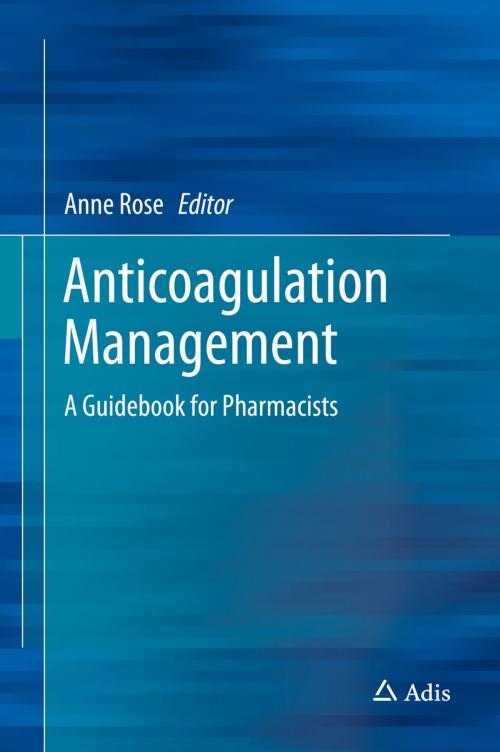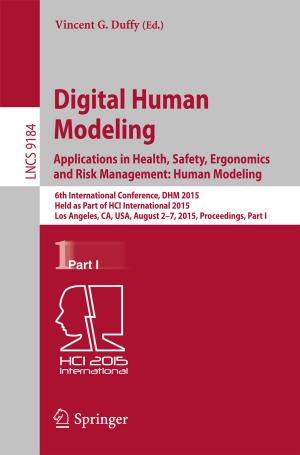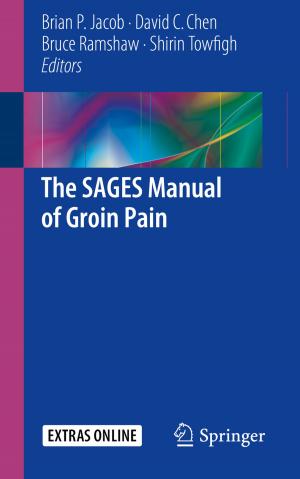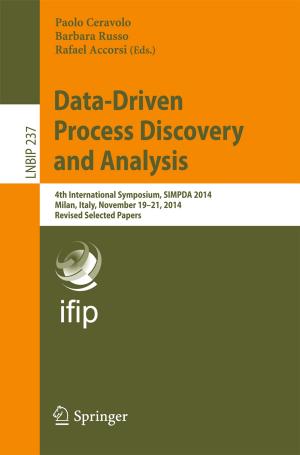Anticoagulation Management
A Guidebook for Pharmacists
Nonfiction, Health & Well Being, Medical, Reference, Research, Medical Science, Pharmacology| Author: | ISBN: | 9783319226026 | |
| Publisher: | Springer International Publishing | Publication: | October 2, 2015 |
| Imprint: | Adis | Language: | English |
| Author: | |
| ISBN: | 9783319226026 |
| Publisher: | Springer International Publishing |
| Publication: | October 2, 2015 |
| Imprint: | Adis |
| Language: | English |
In addition to acting as a training guide for pharmacists, pharmacy residents and pharmacy students who seek to practice in areas associated with patients on anticoagulant therapy, the information presented within highlights the growing role of the pharmacist in these contexts. Readers will find useful information on anticoagulant management across all pharmacy practice areas, including the inpatient, ambulatory, emergency services and transitions of care settings. Particular attention is given to summarizing best practices and providing ‘real world’ examples of ways in which pharmacists can be involved in anticoagulation management and the impact of such involvement. In the first major section of the book, each chapter focuses on the role of the pharmacist in the management of medication with a specific type of anticoagulants (e.g. warfarin, heparin and target-specific oral agents) in various healthcare settings. A broader overview of the clinical management of anticoagulation therapy is provided in the second major section, including descriptions of the role of pharmacists in assessing venous thromboembolism risk, ensuring patients receive appropriate prophylactic therapy, and monitoring outcomes.
In addition to acting as a training guide for pharmacists, pharmacy residents and pharmacy students who seek to practice in areas associated with patients on anticoagulant therapy, the information presented within highlights the growing role of the pharmacist in these contexts. Readers will find useful information on anticoagulant management across all pharmacy practice areas, including the inpatient, ambulatory, emergency services and transitions of care settings. Particular attention is given to summarizing best practices and providing ‘real world’ examples of ways in which pharmacists can be involved in anticoagulation management and the impact of such involvement. In the first major section of the book, each chapter focuses on the role of the pharmacist in the management of medication with a specific type of anticoagulants (e.g. warfarin, heparin and target-specific oral agents) in various healthcare settings. A broader overview of the clinical management of anticoagulation therapy is provided in the second major section, including descriptions of the role of pharmacists in assessing venous thromboembolism risk, ensuring patients receive appropriate prophylactic therapy, and monitoring outcomes.















